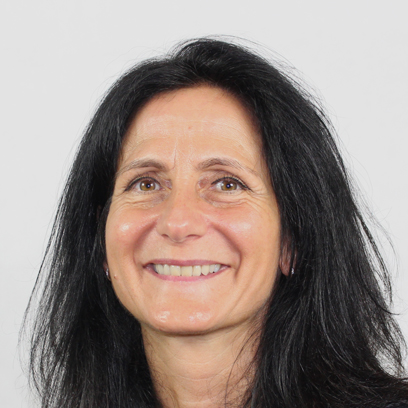Eye movement desensitisation and reprocessing (EMDR) for trauma in Glasgow city centre
We are pleased to offer eye movement desensitisation (EMDR) therapy at our Glasgow centre.
What is EMDR?
EMDR replicates the rapid eye movement (REM) process that happens when we sleep. The REM sleep process is believed to help process difficult or painful feelings, allowing us to gradually come to terms with them. During a session of EMDR, you will be asked to move your eyes in a particular way while also thinking of events that have caused upset and distress. This helps to process difficult memories. EMDR is not a talking therapy and there will be no pressure to talk about the painful memory, however you may find this helpful.
What sort of trauma is EMDR used for?
EMDR is mainly used to help with traumatic feelings that have come about due to traumatic experiences. These include car crashes / road accidents, physical violation / assault or the loss of a loved one. It is a popular therapy for post-traumatic stress disorder, but it is increasingly being used for other issues such as performance anxiety, panic attacks, eating disorders and body dysmorphic issues, grief, phobias, pain disorders, stress, addictions, physical / sexual abuse, and personality disorders too.
Is there any evidence that EMDR works?
Scientific research has shown EMDR to be effective for trauma related problems such as PTSD and phobias. Although EMDR is a popular therapy, it is important to say that it is not suitable for all types of psychological trauma or difficulty, and therefore the EMDR practitioner will always undertake a thorough assessment with each client before agreeing that EMDR is the right type of approach to take. In some instances, such as where things are very complicated or a client struggles to manage things when they are distressed, EMDR may not be seen as suitable and therefore alternative approaches may be suggested – either as a way of building up to EMDR or as an alternative approach with the aim of achieving the same outcome through different means.
How do I find out more about trauma therapy or book an appointment with a suitable trauma counsellor/psychotherapist, CBT therapist, or psychologist?
We would be delighted to answer any questions you may have about our EMDR service or to book an appointment for you with one of our experienced ractitioners. Please contact us for more details.



